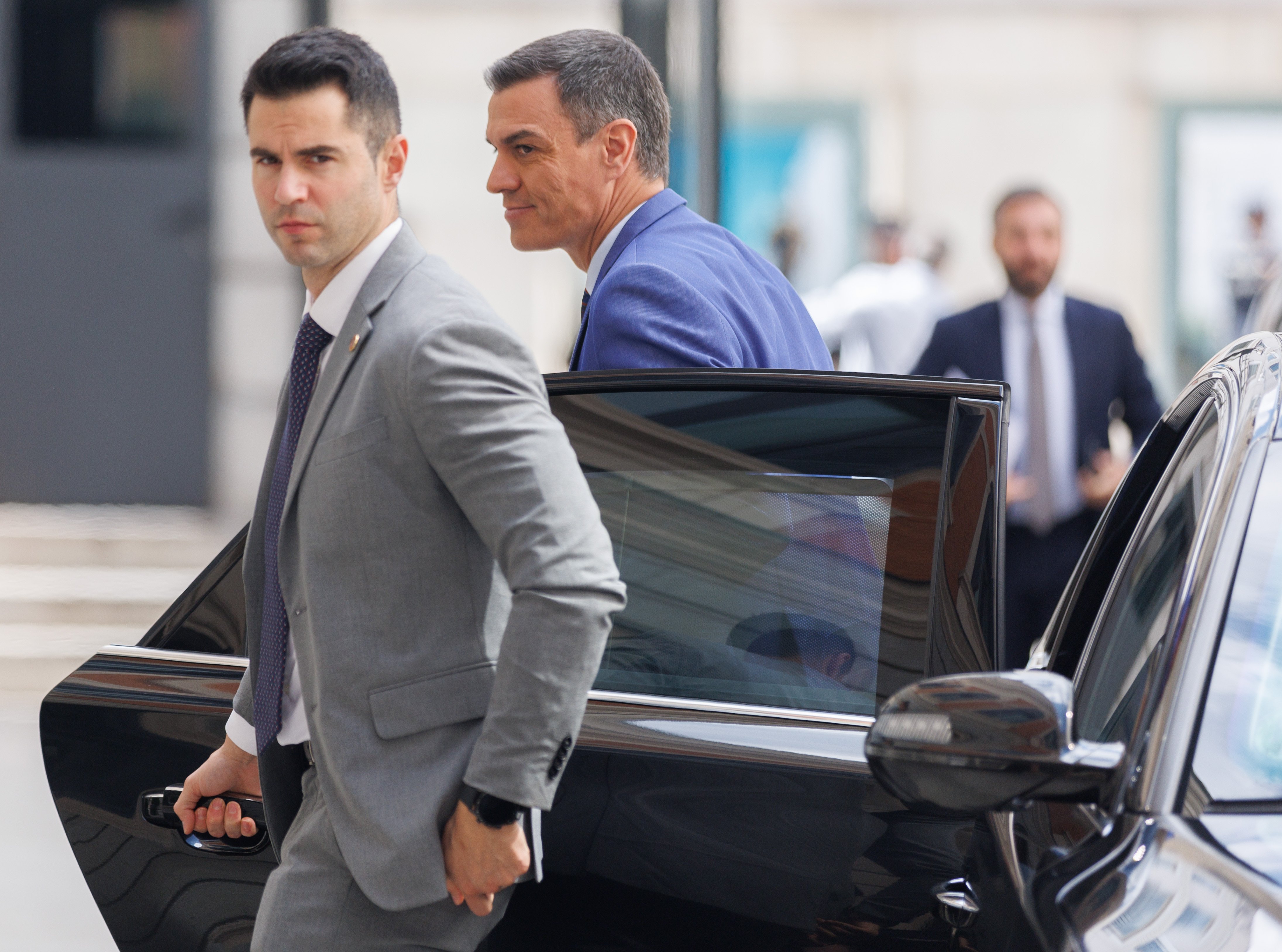The Spanish government has asked for the postponement of the initial speech of the country's rotating presidency of the European Council, which begins on July 1st. Prime minister Pedro Sánchez was due to give the formal inaugural address to the six-month presidency on July 13th before a full session of the European Parliament, but the snap election that he has announced for July 23rd puts the planned European speech squarely in the middle of the election campaign, just 10 days before Spaniards go to the polls. Sources from the Moncloa government palace have confirmed that the appearance will take place in September and thus the pressure applied from the opposition People's Party (PP) has had its effect.
The same sources explain that the Spanish executive has formally asked the president of the European Parliament, the conservative Roberta Metsola, to postpone Sánchez's appearance before the plenary session, which was supposed to be used "to present the priorities of the Spanish presidency of the Council of the European Union". In fact, the Moncloa had already notified the European Parliament's communications area about this on Tuesday, just 24 hours after the prime minister caused surprise by announcing the snap poll at 8 weeks' notice.
Pressure from the PP
Sánchez's move comes hours after the European People's Party (EPP) pressured to prevent the head of the Spanish executive from using the plenary session of the European chamber as a publicity opportunity for the general election. Through a letter sent this Thursday to Roberta Metsola, the head of the PP group in the parliament, Manfred Weber, demanded that Sánchez's initial speech before the MEPs be suspended so as to leave it "out of domestic political battles".
The EPP asked for the speech to be moved to September, as has been agreed, trusting that the "small adjustment to the institutional calendar" would help strengthen the legitimacy of the process and the "capacity to comply with common priorities". Moreover, Weber considered the opening speech of each presidency of the Council to be "a crucial institutional moment in terms of accountability." The European group argued that postponing the speech presenting Spain's priorities during the presidency semester "will reinforce our ability to act on our common priorities". The EPP is also aware that, in the event of a change of government in Spain, the change of date will mean that the leader of their Spanish partners, Alberto Núñez Feijóo, will deliver the speech to the European Parliament.
The scale of the gamble in Sánchez's move to suddenly move the election forward is visible in the fact that it is jeopardizing a project that the PSOE-led executive has been cooking up since January, to take advantage of the opportunity for projection of an international image, with the Moncloa palace having worked hard over these months. Since the beginning of the year, Pedro Sánchez has carried out visits to the main European allies: France, Italy, Malta, Cyprus, Austria, Croatia, Slovenia, Ireland, Denmark and Finland. He even visited the White House, meeting with Joe Biden at the start of the Spanish municipal election campaign for May 28th. During the six-month Spanish presidency of the council, the current head of the Spanish government has made known his desire to weave agreements in the field of asylum and migration policy, the reform of the electricity market and an agreement on a common position over the war in Ukraine.

